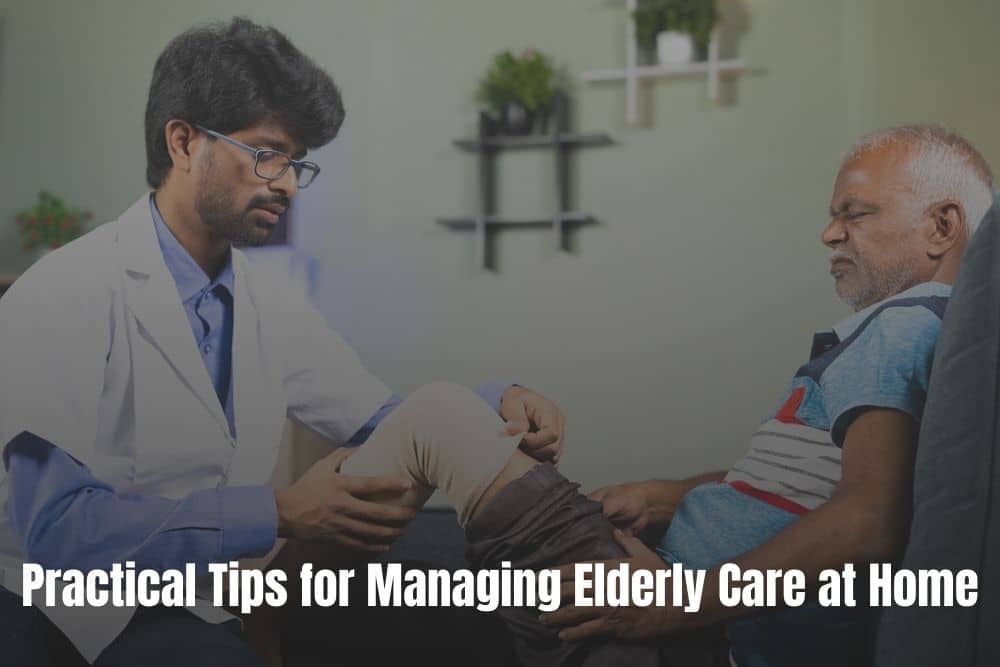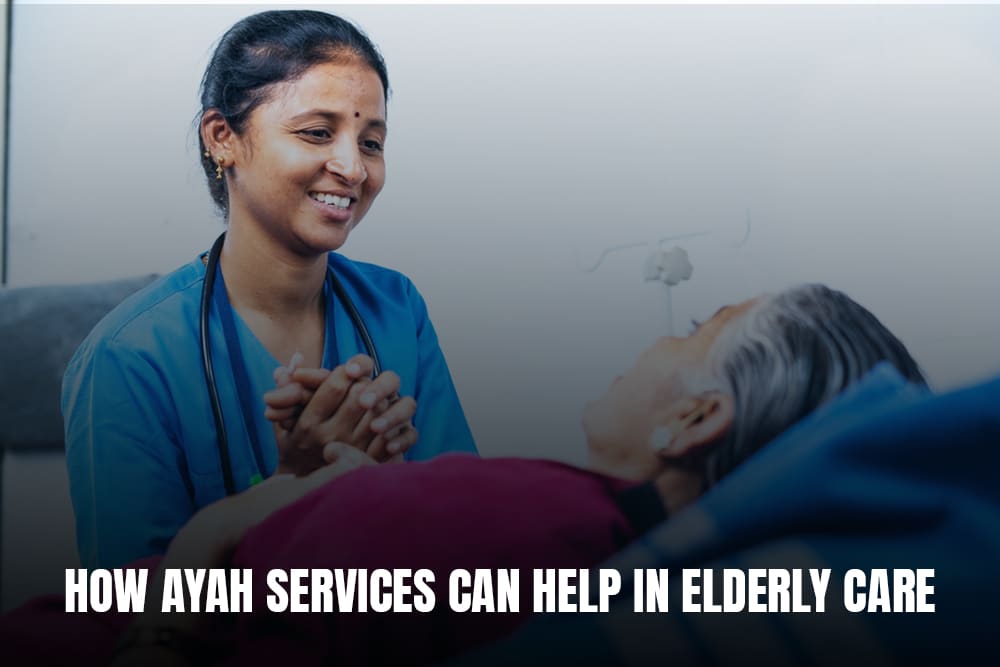Staying connected with elderly parents while living far away can be challenging, especially when they rely on your emotional support and companionship. Distance doesn’t have to mean disconnection. With modern technology and a few thoughtful strategies, you can maintain a meaningful bond with your parents, ensuring they feel cared for and emotionally supported. This article will offer practical tips on how to keep the emotional connection alive, including overcoming technological barriers and finding creative ways to engage with your parents regularly.
By the end of this article, you will have a clear understanding of how to maintain consistent and meaningful communication with your elderly parents, helping both you and them feel more connected and reassured despite the distance.
Why Consistent Communication is Important
For elderly parents, regular communication with their children provides emotional comfort and helps reduce feelings of loneliness and isolation. As they age, their social circles may shrink, making family connections more important than ever. Regular check-ins, even if they are brief, give your parents something to look forward to and ensure they feel valued and remembered.
Maintaining emotional closeness can also reassure you that your parents are safe and healthy. When they feel connected to you, their mental and emotional well-being is significantly improved.
Practical Communication Methods
Here are some effective ways to stay connected with your elderly parents, even from miles away:
- Video Calls
Video calls allow for face-to-face interactions, which create a sense of closeness that phone calls often can’t match. Platforms like WhatsApp, Zoom, or Google Meet are simple to use and ideal for staying connected. If your parents aren’t familiar with these apps, take some time to teach them how to use them. Seeing your face, expressions, and body language adds a personal touch that can make the distance feel smaller. - Phone Check-ins
Phone calls are another reliable way to stay in touch. While video calls are more engaging, a simple phone call can still provide reassurance and emotional connection. Setting up a regular time for these calls gives your parents a routine to look forward to, ensuring that they know when to expect to hear from you. - Messaging Apps Tailored for Seniors
Apps like WhatsApp or Telegram are great for quick messages, voice notes, or sending photos and videos. You can use these to share updates, ask how your parents are doing, or just send a quick “thinking of you” message. If your parents are not tech-savvy, opt for simple, user-friendly apps that don’t overwhelm them with too many features. - Family Stories and Virtual Bonding Activities
Engage with your parents by sharing family stories, old memories, or photos. You can also play virtual games together that are easy to set up, such as online chess, card games, or even trivia. These bonding activities keep the connection strong and give you both something fun to look forward to. - Emails and Letters
For parents who might not be comfortable with technology, letters or emails can be a meaningful way to communicate. Writing letters adds a personal touch, and your parents can keep and reread them whenever they want. Emails are faster and can be a good alternative if mailing letters regularly isn’t feasible.
Overcoming Technological Barriers
Many elderly parents might feel intimidated by smartphones or computers. Here are some tips to help them navigate these technologies more easily:
- Simple Devices
Equip your parents with devices designed for seniors, such as tablets with large icons, simple interfaces, and voice-activated commands. These devices are easier for them to understand and use. - Step-by-Step Guidance
Teach your parents how to use apps step by step. Be patient and go over the basics multiple times. Encourage them to practice by sending you short messages or photos to build their confidence. - Remote Tech Support
Set up remote access software (with their consent) so you can help them troubleshoot any issues with their devices from afar. This reduces their frustration and keeps them engaged with the technology.
Creative Ways to Foster Connection
Maintaining meaningful conversations is essential for emotional closeness. Here are a few ways to keep your interactions with your elderly parents engaging and enjoyable:
- Ask About Their Day
Start every conversation by asking how their day has been, what they’ve done, or how they’re feeling. This keeps the focus on them and makes them feel that their daily life matters to you. - Share Personal Updates
Keep your parents in the loop by sharing details about your life—your work, friends, hobbies, or even mundane things. These conversations can make them feel included in your life. - Plan Virtual Visits
Schedule regular virtual visits where you “spend time” together online. You could watch a movie simultaneously, have a virtual meal, or even take them on a virtual tour of your surroundings. - Celebrate Special Occasions Together
Use video calls to celebrate birthdays, anniversaries, or festivals together. Send them small gifts or flowers to make the occasion special, even from afar.
Benefits of Staying Connected
- Emotional Reassurance: Your parents will feel less lonely and more supported, knowing you’re thinking about them regularly.
- Improved Mental Health: Regular conversations and emotional bonding help boost your parents’ mental well-being, reducing anxiety and feelings of isolation.
- Monitoring Health: Frequent communication also gives you insight into their health and mood, allowing you to notice any changes or concerns that may arise.
Conclusion: Trust Us to Care for Your Loved Ones
While staying connected from afar can ease some worries, having someone physically present to care for your parents is equally important. At Shree Swami Samarth Patients Seva, we provide compassionate, highly-trained caretakers who treat your parents like family. Our caregivers ensure your loved ones receive the daily care, attention, and companionship they deserve, making them feel loved and never alone.
With our extensive experience in caring for the elderly, we offer a range of services to meet your parents’ needs, ensuring their well-being and your peace of mind. Learn more about how we can support your family by visiting www.sssps.in.
FAQs
- What if my parents struggle with technology?
Opt for simple devices with large buttons and an easy interface. You can also guide them step by step on how to use communication apps. - How often should I call my elderly parents?
It depends on your and their availability, but a consistent routine—whether daily or weekly—can provide comfort and reassurance. - Can I stay connected without using video calls?
Yes, phone calls, messaging apps, emails, and even handwritten letters are all great ways to stay in touch without relying on video calls. - What are some good bonding activities for virtual calls?
You can share family stories, play simple online games, watch movies together, or even plan virtual tours of places you want to share with your parents. - How can a caretaker help my parents when I am away?
A professional caregiver can assist with daily tasks, provide companionship, monitor health, and ensure that your parents are cared for and emotionally supported in your absence.
By incorporating these communication methods and ensuring your parents have the right support system in place, you can stay emotionally connected while living away. With Shree Swami Samarth Patients Seva, your parents will always be in safe hands, receiving the care and companionship they deserve.









